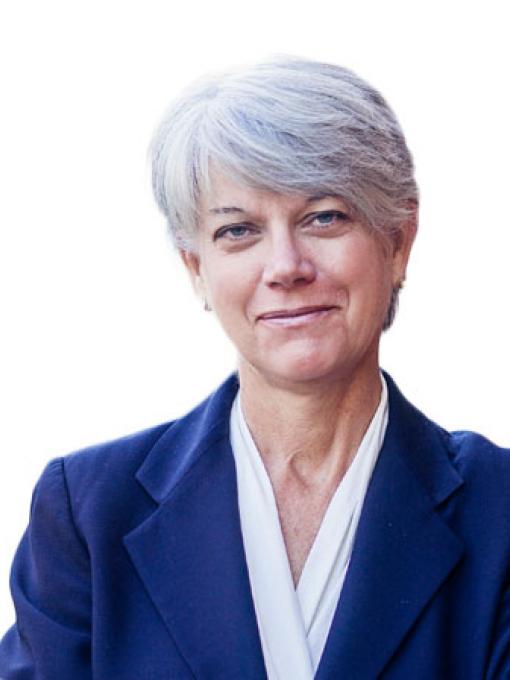On any given day, I am outraged and saddened by the violence of injustice in the world. Yesterday it was Philando Castile and the day before that it was Alton Sterling. This morning, we wake to the murders of police officers in Dallas. The week before that it was the violence against civilians in Baghdad, Ankara, Orlando. That’s only the past 30 days.
We seek a society with equity and justice for all…
All violence is abhorrent. But there is a chill and a despair that confronts every American when we see the breakdown of trust between police and citizens. We see incidents of the police who we entrust to protect our neighborhoods killing our neighbors, our fellow citizens who are black. And now we see police being murdered by snipers. The injustices are not new, but being witness as they unfold live and in constant repetition on our screens makes these devastating incidents immediate and urgent in a way that we cannot ignore.
#BlackLivesMatter. I know about hidden bias and I know about institutional racism. These biases we carry are harmful in countless ways, not only because people—especially black men are being killed by police—but also because these biases have been baked into public life—from our criminal justice system that pre-judges people by the color of their skin to how we live our daily lives in our neighborhoods, our churches and our schools. These institutions that influence and shape who we are continue to be populated largely along color lines. The hidden biases that cause white people to fear black people are perpetuated by ignorance and distance, by the unwillingness of white people to comprehend why #BlackLivesMatter.
#BlackLivesMatter to me because I believe that God’s love doesn’t choose by skin color.
BlackLivesMatter to me because I believe that God’s love doesn’t choose by skin color. God’s love doesn’t discriminate by religion, by country, by gender, by sexuality, by income, by profession. God’s love is abundant. God’s love is just. God’s love is merciful. And we, every one of us, are God’s children. What does God require of us, the children? To love mercy. To do justice. To walk humbly with our God.
To do justice means to believe and act with the knowledge that #BlackLivesMatter, to believe and act with the knowledge that our civic institutions and public life matters. To know that how we treat each other matters, that how we talk about and to each other matters. That to confront injustice matters. To do justice means to work to end violence and systemic oppression that denies equal opportunity to all. The lives of those killed—those police officers in Dallas, the 509 people who have died this year at the hands of police, the thousands of people who have died by gun violence in the United States this year—these lives matter most to the families and friends they have left. But they matter to all of us because this violence is not normal and it tears at the fabric or our society. We can choose to end it.
Our work at FCNL—to seek a world with equity and justice for all, to seek a community where every person’s potential may be fulfilled, means we lobby for federal legislation that moves the needle on the racial injustice and violence of federal policies toward justice, peace and equality. This movement is slow, but our sense of urgency is clear. Right now, we are asking people totalk to Congress about sentencing and corrections reform legislation. This legislation won’t end injustice in the criminal justice system, but is a step in the right direction. It is an important opportunity to seize on measures that have bi-partisan support in the Senate and the House of Representatives.
At the federal, state and local levels, our elected officials and the leadership of our police departments need to hear from us. They need to hear the voices of tens of thousands of people who support them, who care for them, who want them to do their jobs with fairness, with equality, with justice for all. We want them to understand that #BlackLivesMatter. Last night thousands of people showed up for peaceful vigils and marches in cities across the country. The searing violence of police killings in Dallas is not a statement about #BlackLives Matter. It is wanton violence, not justice.
About a year ago, CampaignZERO launched a website that offers ideas and solutions for what every one of us can do to address police accountability and racial justice. People are awake and hungry for justice. Scores of new organizations and actions are happening in communities large and small. There is a dramatic response toward truthful confrontation and to pressing those who can change policies to make the changes that move us toward justice.
Last night, Nekima Levy-Pounds, a civil rights lawyer and law professor delivered the plenary to Quakers at the Friends General Conference gathering in Minnesota. She tells her own story of awakening and activism of #BlackLivesMatter. It is compelling and invites all of us to listen to how God is calling us in this work.
It is a raw time. Many people—from every political perspective—are feeling fear, anger, despair or frustration. But there is also a palpable sense of empowerment and hope. I see it in the staff at FCNL and in the volunteers who take action with us. I see it in the peaceful protests of #BlackLivesMatter. The political and social landscape in this country is changing. Now is the time when the values of peace, justice, freedom and community are more important than ever; when the notion that we are equal before the law and equal before God must be central to every action; when love must always be the first motion.
